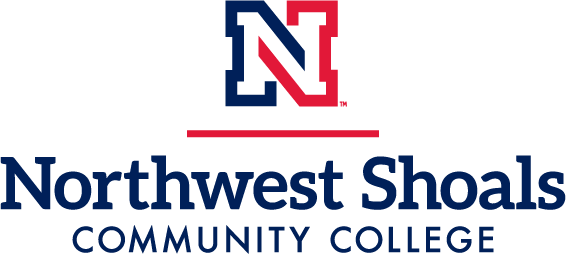Air Conditioning/Refrigeration Technology
Degrees and Certificates
Classes
ACR 112 : HVACR Service Procedures
Credits
3ACR 113 : Refrigeration Piping Practices
Credits
3ACR 119 : Fundamentals of Gas Heating Systems
Credits
3ACR 121 : Principles of Electricity for HVACR
Credits
3ACR 123 : HVACR Electrical Components
This course introduces students to electrical components and controls. Emphasis is placed on the operations on motors, relays, contactors, starters, and other HVAC electrical components. Upon completion, students should be able to install electrical components and determine their proper operation.
Credits
3ACR 126 : Commercial Heating Systems
This course covers the theory and application of larger heating systems emphasizing commercial applications such as gas heaters, boilers, unit heaters, duct heaters, and hydronic systems. Upon completion, students will be able to troubleshoot and perform general maintenance on commercial heating systems.
Credits
3ACR 132 : Residential Air Conditioning
Credits
3ACR 135 : Mechanical/Gas/Safety Codes
Credits
3ACR 141 : Environmental Systems
Credits
4ACR 147 : Refrigeration Transition and Recovery Theory
Credits
3ACR 148 : Heat Pump Systems I
Credits
3ACR 149 : Heat Pump Systems II
This is a continuation course of the basic theory and application of heat pump systems. Topics include the electrical components of heat pumps and their function. Upon completion student should be able to install and service heat pumps.
Credits
3ACR 181 : Special Topics in Air Conditioning and Refrigeration I
Credits
3ACR 182 : Special Topics in Air Conditioning and Refrigeration II
Credits
3ACR 183 : Special Topics in Air Conditioning and Refrigeration
Credits
1ACR 195 : Co-Op
Credits
3Prerequisites
Instructor approval required.
ACR 203 : Commercial Refrigeration
Credits
3ACR 205 : System Sizing and Air Distribution
Credits
3ACR 209 : Commercial Air Conditioning Systems
Credits
3ASC 111 : Principles of Refrigeration
This course emphasizes the fundamental principles for air conditioning and refrigeration. Instruction is provided in the theory and principles of refrigeration and heat transfer, HVAC/R system components, common, and specialty tools for HVAC/R, and application of the concepts of basic compression refrigeration. Upon completion, students should identify system components and understand their functions, identify and use common and specialty HVAC/R tools, and maintain components of a basic compression refrigeration system.
Credits
3ASC 119 : Fundamentals of Gas Heating Systems
This course provides instruction on general service and installation for common gas furnace system components. Upon completion, students will be able to install and service gas furnaces in a wide range of applications.
Credits
3ASC 121 : Principles of Electricity for HVACR
This course is designed to provide the student with the basic knowledge of electrical theory and circuitry as it pertains to air conditioning and refrigeration. This course emphasizes safety, definitions, symbols, laws, circuits, and electrical test instruments. Upon completion students should understand and be able to apply the basic principles of HVACR circuits and circuit components.
Credits
3ASC 148 : Heat Pump Systems I
Instruction received in this course centers around the basic theory and application of heat pump systems and components. Upon completion students will be able to install and service heat pumps in a wide variety of applications.
Credits
3PLB 111 : Introduction to Plumbing
This course covers the fundamental plumbing principles, practices, and history. Topics include basic plumbing principles, safety, job seeking skills, blueprint reading, plumber's math, shop orientation, and school policy. Upon completion, students will be able to seek employment, understand basic plumbing principles, read and interpret blueprints, work safely, and use formulas to solve plumbing problems involving measurement and layouts. This is a CORE course.
Credits
3PLB 112 : Plumbing Applications
Students perform various basic plumbing and pipefitting tasks. Safety and regulatory compliance is emphasized throughout this course. At the conclusion of this course students will be able to develop basic plumbing drawings and schematics, use hand and power tools, measure fittings, and join pipe with oxy-fuel equipment.
Credits
3PLB 113 : Pipes & Fittings
This course includes the theory of joining pipes and fittings. Topics include methods of joining pipe and fittings, selecting and using power tools, and methods of securing piping. Upon completion students will be able to identify pipe and fittings, identify tools, properly care for tools and identify various types of pipe securing devices. This is a CORE course.
Credits
3PLB 114 : Joining Pipes & Fittings
This course covers identifying pipe and fittings, proper methods for joining all types of pipe and fittings, hanging and securing pipe and using materials and tools. Emphasis is on all plumbing materials, tools, suppliers, equipment and methods. Upon completion, students will be able to join various pipe and fittings.
